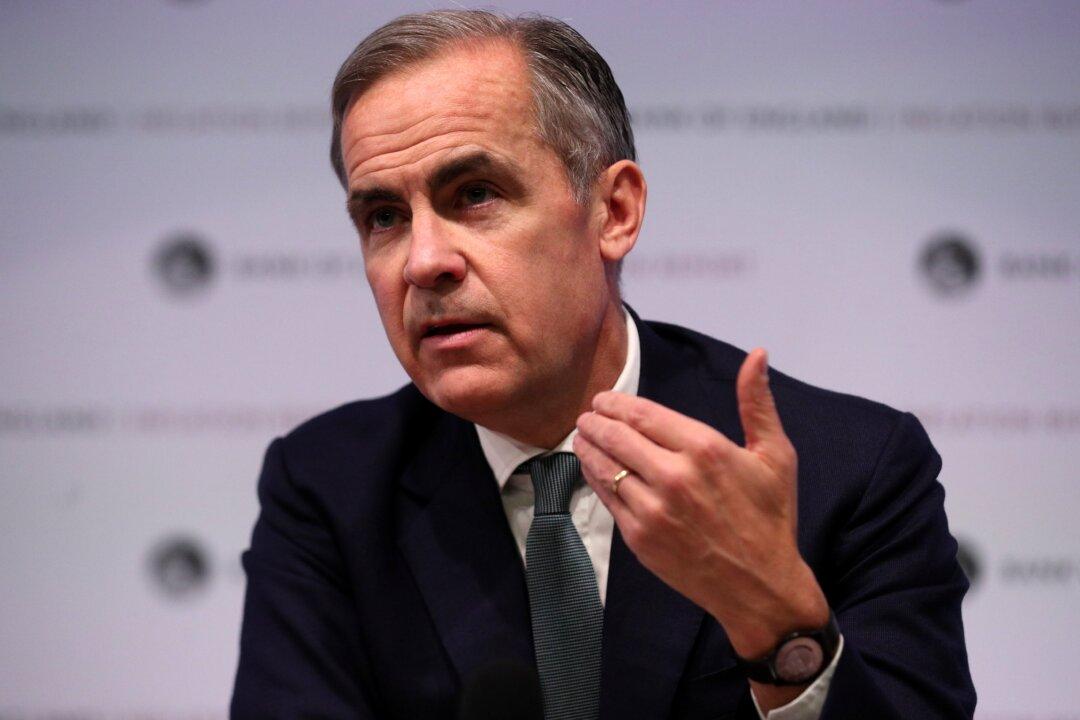Canadians’ prosperity will be harmed unless the federal government manages to raise productivity, former Bank of Canada governor Mark Carney has warned.
“When we’re debating over our priorities, what we value, what we should be doing as Canadians, we should first acknowledge that we have less to spend because we have become less productive,” Mr. Carney said during a keynote address at Canada 2020’s Economic Lookahead dinner in Toronto on April 22.





